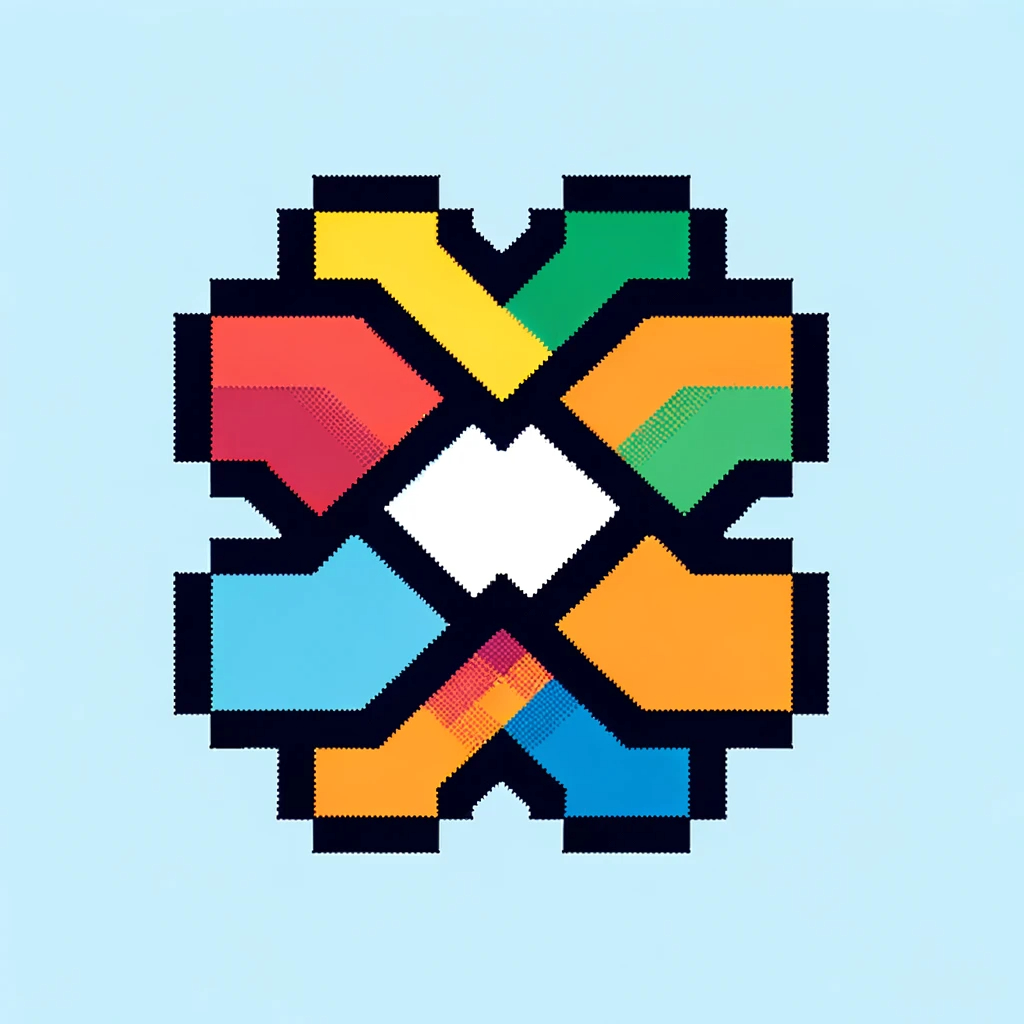Optimised Multithreaded CV-QKD Reconciliation for Global Quantum Networks: Discussion
by
March 15th, 2024
Audio Presented by

Research to enable more than one user at a time without requiring multiple copies of the program running on the computer
About Author
Research to enable more than one user at a time without requiring multiple copies of the program running on the computer
